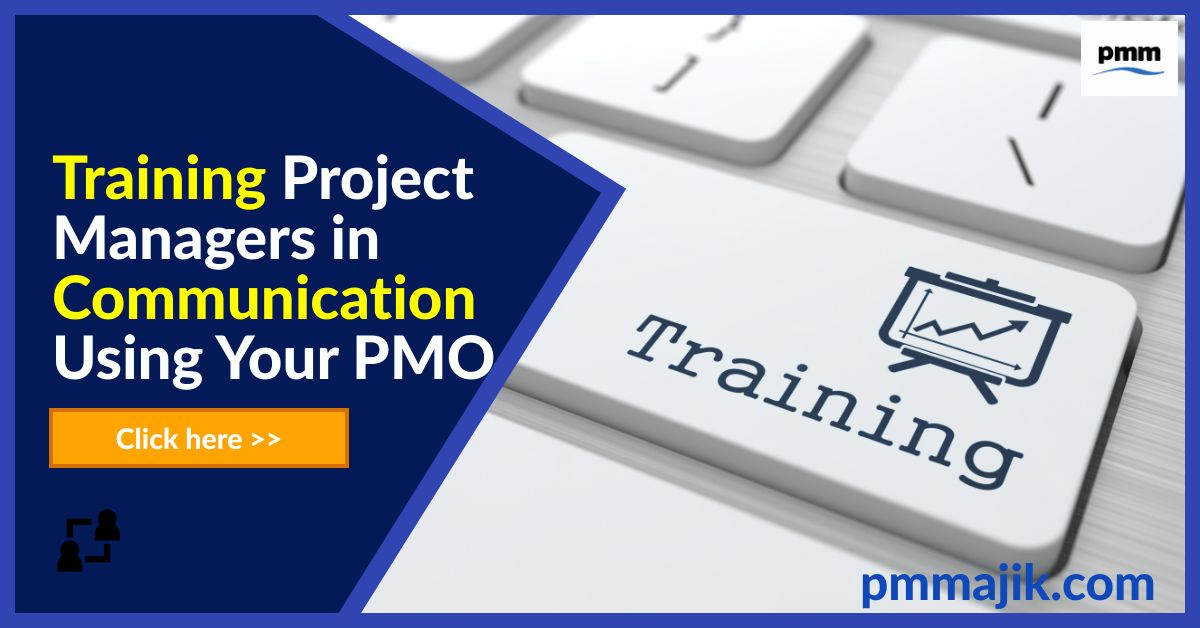It’s implicitly understood how important communication is for keeping projects in your project management office (PMO) on track. Outside of your immediate office, you need to pay attention to training project managers (PMs) in communication using your PMO.
PMs will already have the basic skills needed to manage a team. It’s your responsibility as a PMO to ensure those skills are kept up to date. Skilled PMs are going to get your projects delivered on time and on budget because their projects will be run efficiently.
To that end, we’re going to look at training your PMs in the art of communication. They may be new PMs, fresh into the organisation following a merger, or a little rusty in their skills. To train them effectively, let’s check out:
- How to train the soft skills of communication to your PMs
- Methods to train PMs the hard skills needed for communication technology
- The outcomes you can expect when you invest in communication training
How do I train my PMs to have better soft communication skills?
You want your PMs to be able to get a message across to their team effectively. Good communication skills should be inherent in a project manager, but working within your PMO framework will be new to them.
A PM that is able to communicate effectively will be able to:
- Understand the right tone to take depending on the content of the message
- Use the right tool to communicate with their team, depending on content, geography, and the people receiving the message
- Know when and how to follow up the message with their team
How can your PMO help the managers working on projects to achieve this?
You need to choose an effective training medium. A good programme to teach better communication skills to PMs will include lessons around:
- The process of communication in a business
- Giving an effective communication model
- How to design a team communication plan
- The challenges projects face in terms of comms
Particularly if your office chooses to outsource training around communication, you need to be sure that the company you choose is training the communication style that your PMO uses.
An ideal training process for communication skills would be to have group training. This can be in an online or offline environment but should have as many opportunities to communicate as possible. The session should introduce the details outlined above, offer time for discussion, and then encourage a simulation of putting the learning into practice.
What should my PMO do to train PMs to use communication technology?
Along with the soft skills of delivering a message well, there are hard skills relating to communications which are becoming more important. As teams start to work remotely or recruitment covers more geographic regions, you’ll need to have more than just email and team meetings available to your PMs.
Your communications technology stack will be costing your PMO money in terms of monthly or annual fees. Training your PMs how to use it properly ensures you’ll get a better return on investment in the software.
Training on your comms technology isn’t a one-and-done process. The manufacturer will release updates, you might upgrade your package, or invest in add-ons – all of this will need to be trained out to PMs so they can offer effective support to their teams in the first instance.
To deliver skills needed to use new communication technology, consider designing an online package that can be stored and updated on your learning management system (LMS). Make use of:
- Videos showing screen recordings of the software being used
- Online practice sessions to set up rooms, channels, and chair meetings
- Follow up sessions with the PMO to ensure the new tools are properly rolled out
How will communication training improve my PMO outcomes?
A well-informed team of PMs will have an engaged and enthusiastic workforce under them. It will ensure that everyone who works on delivering projects can see how their work aligns with the visions and values of the business overall.
Stakeholders will be more satisfied when they are kept up to date in line with their expectations. When thought processes and brainstorming is channelled properly, there will be a record of new process development which can make efforts repeatable. Training project managers in communications through your PMO will yield a positive return on investment in your communication channels and see more efficient project delivery.






